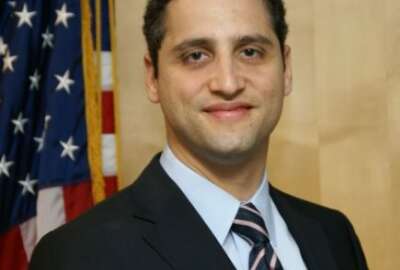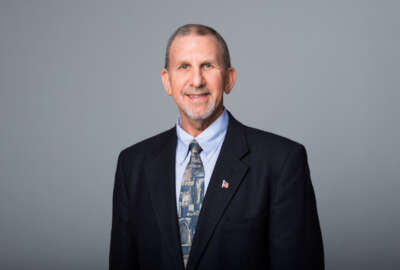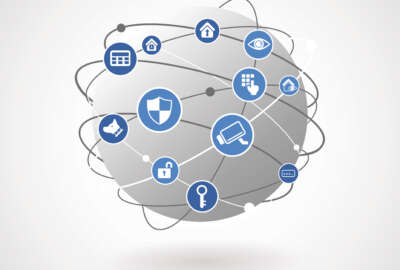
Commerce Department, IT council considering role of government in IoT
The Commerce Department is joining the conversation about what role the federal government can play in the success and security of the Internet of Things.
When it comes to the rapidly growing and evolving Internet of Things, the federal government can be an effective leader by being transparent, flexible and humble enough to know when to let industry take the reins.
Dean Garfield, president and CEO of the Information Technology Industry Council, said it’s important for government to distinguish between thinking about compelling issues and proposing rules.
“That is not to suggest that there aren’t areas where government intervention isn’t appropriate,” Garfield said, during a Sept. 1 IoT workshop hosted by the National Telecommunications and Information Administration. “There have been conversations … about standards where [the Commerce Department] is playing a unique role, whether it’s in the cybersecurity framework that was developed or the standards that are being developed today around security around physical things. I think there is a role for government, but there will certainly be areas where it’s important to allow investment and innovation and development before there is regulation.”
Alan Davidson, director of digital economy and senior adviser to Commerce Secretary Penny Pritzker, said part of his department’s focus is on figuring out how to engage all levels of government, work with the right talent, and engage stakeholders and industry.
“It’s quite clear that the pace of technical change remains incredibly high. This poses huge challenges not just for businesses and consumers but for government,” Davidson said. “It’s clear that the stakes are higher, in part due to the physical or kinetic nature of many of the connected devices that we’re seeing. It’s clear that the Internet of Things is offering a remarkable set of breathtaking consumer applications and … a remarkable set of applications for the industrial Internet of Things, and it’s going to be transforming the way we do manufacturing and it’s going to be boosting productivity.”
But those opportunities also raise challenges such as privacy and security, Davidson said, and how best to lay the building blocks necessary to realize the full potential of IoT.
“It’s clear that the Internet of Things is a business and technical phenomenon that we need to take seriously and it demands our attention,” Davidson said. “We need to get the policy side of this right as well to make sure that the Internet of Things realizes its full potential.”
Garfield said one way to contribute to that is for the government to purchase and use IoT technology. He said estimates show that by 2025 the Internet of Things will contribute more than $11 trillion per year to the U.S. economy.
“I think success will be achieved if we can tangibly show the impact in the ways that we’ve been talking about; lives saved, whether through autonomous vehicles or otherwise; more particularized medicines; improving people’s everyday lives. I think people will get it, see it and want to invest in it,” Garfield said. “I think if we can show the return to the economy … and if we result in new and exciting innovations that we can’t contemplate today, but that result in the cure for cancer for example will be a way that I would define success. It really is around the impact it has on people’s lives.”
Working toward perfection
The role of government in the context of IoT is something other agencies have begun to think about, including the National Institute of Standards and Technology and its Cyber-Physical Systems architecture, and most recently within the Homeland Security Department.
In late August, Robert Silvers, assistant secretary for cyber policy at DHS, announced the department is issuing strategic principles in the coming months to address the security of the Internet of Things.
“I think we need to issue ourselves a wake-up call and challenge to make the tough decisions now and to frankly not let the perfect be the enemy of the good,” Silvers said.
That’s a notion echoed by Garfield, who said cybersecurity is a priority when it comes to a national IoT strategy.
“I think it is a real concern and part of why we’re doing the work that we’re doing, so we can be a catalyst for moving things forward, even while we look at the long term and work toward perfection,” Garfield said.
Copyright © 2024 Federal News Network. All rights reserved. This website is not intended for users located within the European Economic Area.





